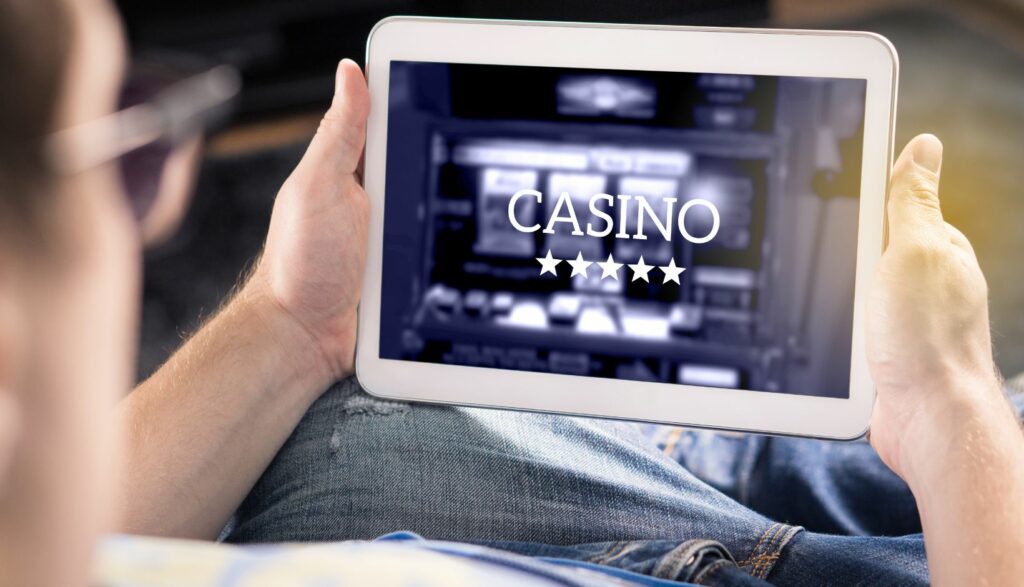The advent of social media has profoundly shaped human interaction in the modern age. However its growing ubiquity has also enabled the normalization and proliferation of various vices. One of the most impacted realms is gambling, as social platforms lower the barriers for exposure and access. Consequently, problematic gambling behaviors have surged, raising critical questions around regulation, responsible marketing and consumer protections.
Statistics Paint a Complex Picture
Social media has undeniably increased the visibility of gambling. Platforms like Facebook and Instagram allow casinos, like SkyCrown, sportsbooks, fantasy leagues and other gaming outlets to market directly and openly to users. Hashtags related to sports betting and daily fantasy leagues permeate platforms while influencers promote the latest odds and offers. According to one 2022 study, over 75% of young adults reported seeing gambling content on social media.
This normalization has correlated with sharp rises in gambling participation, especially among youth. A 2020 survey found that 75% of respondents aged 14-24 had gambled in the previous year, compared to 45% in 2016. Problematic behaviors have also increased with over 15% of youth gamblers qualifying as “at-risk” based on harm indicators.
However broader participation hasn’t necessarily translated into widespread gambling addiction. Government figures estimate the rate of gambling disorder at around 0.2% of the adult population. While that indicates over 500,000 affected individuals nationwide, it suggests social media’s role may be more nuanced.
| Category | 2016 | 2020 | Most Recent Data |
| Youth Gambling Participation | 45% | 75% | 26% (2023, UK) |
| At-Risk Youth Gamblers | 8% | 15% | 1.5% (2023, UK) |
| Adult Gambling Disorder Rate | 0.2% | 0.2% | 0.7% (2023, USA) |
For policymakers, the challenge is allowing legal gambling activities to thrive, while protecting individuals vulnerable to addiction. That requires a multilayered approach.
Gateway Effect of Social Exposure
A key driver of social media’s influence is its role as an exposure gateway. Platforms introduces users – especially youth – to gambling at unprecedented scale. Sports news feeds feature betting lines. Friends share winning bets. Favorite streamers interact with odds mid-broadcast. This normalizes gambling as both entertainment and a path to financial success.
That early exposure helps shape attitudes and intentions. According to 2022 research, over 80% of college students who followed sports betting accounts on social media planned to gamble in the next year, compared to just 34% of non-followers. These students also expected more positive outcomes from gambling.
By showcasing the excitement of victory rather than the pain of losing, social platforms set unrealistic expectations that encourage future gambling. And with platforms like Snapchat and Twitch building gambling products directly into their services, that exposure will only grow.
This is especially concerning given research showing that early exposure increases the long-term risk of gambling addiction. Just a single instance of gambling before age 12 makes individuals over 3x more likely to develop gambling disorders later in life.
In essence, social media has become a normalized gateway that exposes users to gambling, shapes their attitudes and grooms the next generation of bettors.
Predatory Practices Behind the Screens
Another troubling dynamic is the predatory practices and asymmetric information enabled by social platforms. Gambling operators leverage tools like targeted ads, behavioral tracking and dark patterns to influence bettors and keep them spending.
For example, sportsbooks use prior betting data to target users with “risk-free” bonus offers right after losses, hoping to hook them back in. Fantasy apps notify users about “can’t miss boosts to re-engage those with declining participation. And social casinos leverage level-ups and rewards to get users spending more virtual coins – often linked to real-money purchases.
These practices capitalize on common decision-making biases. Push notifications activate our fear of missing out. Steady rewards exploit variable ratio reinforcement schedules. And personalized offers and prices rely on anchoring effects.
Further, social platforms possess far more behavioral insights than users. They know individuals’ interests, networks, usage patterns and more. Gambling operators leverage this information asymmetry to craft tailored messages that seem like recommendations from a friend. Yet they ultimately serve business goals.
In essence, social platforms have created an optimized conversion funnel, moving users from first exposure down the path of problematic behavior. Their tools prey on human psychology to enable gambling addiction.
Need for Responsible Reform
As social media has mainstreamed gambling, concerns around addiction and harm have reached critical mass. In response, governments, health advocates and industry leaders have pushed platforms and operators to enact reforms.
One major initiative is preventing underage exposure. As of 2023, sites like Facebook and Instagram restrict gambling ads to users over 21, while TikTok bans them entirely. Operators have also begun age-gating gambling content using third-party verification. And with 95% public support, further restrictions are likely.
Additionally grassroots “#ResponsiblePlay” campaigns encourage informed betting choices and moderation. Operators highlight gambling disorder symptoms and treatment options. Athletes and influencers model balanced perspectives. And platforms connect users with resources should habits become unhealthy.
However critics argue bottom-line interests undermine authentic reforms. They push for external oversight through measures like:
- Open audits of platforms’ algorithmic amplification
- Public databases of gambling advertisers and spending
- Independent gambling disorder assessment programs
- Taxation earmarked for prevention and treatment
Through pressure and collaboration, experts hope social media and gambling entities can progress toward ethical, sustainable practices. Because at stake are the health, financial stability and well-being of millions of individuals.
Future Depends on Accountability
Social media and gambling stand at a complex crossroads. These worlds always held natural synergies – both offer alluring paths to entertainment, connection and fortune through technology. Yet their union has also amplified harm and addiction.
Progress requires accountability. Platforms must temper their use of persuasive psychology and asymmetric information. Operators should emphasize responsible gambling over pure profit. And users must moderate their own behavior in an environment consciously designed for engagement.
With diligence and oversight, the promise can outweigh the peril. But if unchecked, societies worldwide face repercussions from social media’s union with gambling. Users, regulators and experts all have a role to play in the outcome ahead.

